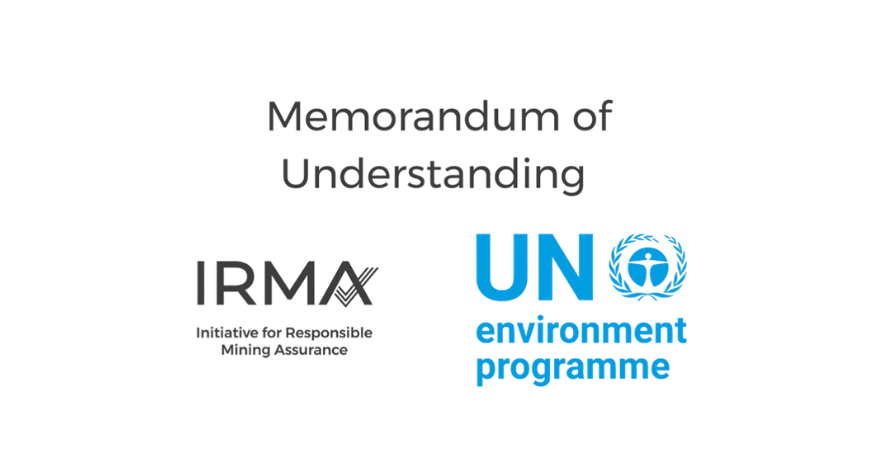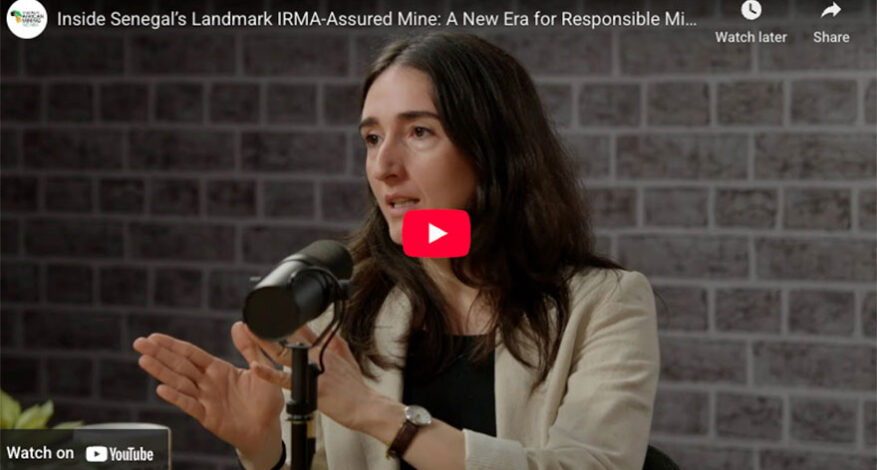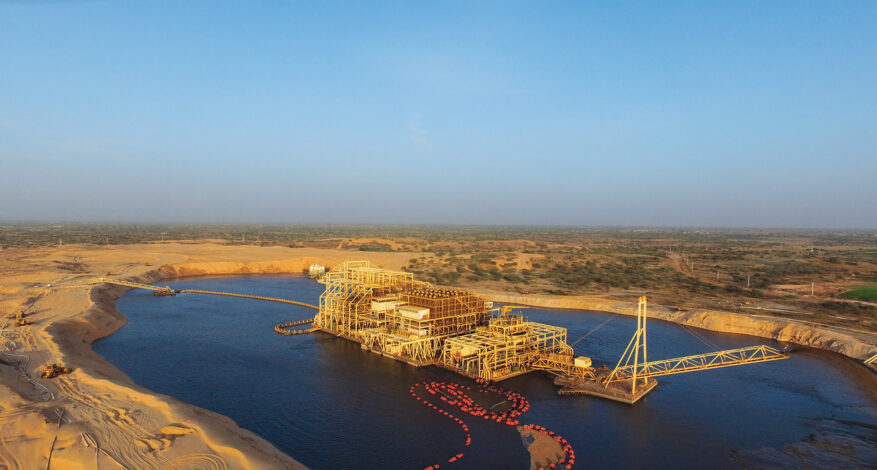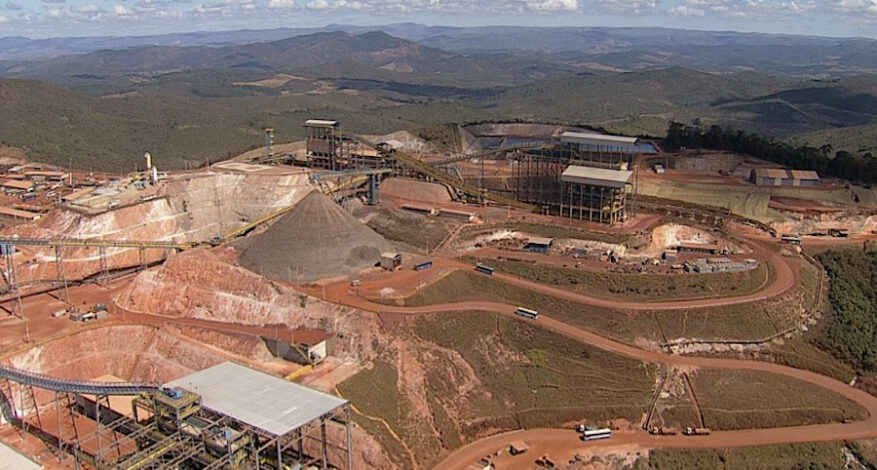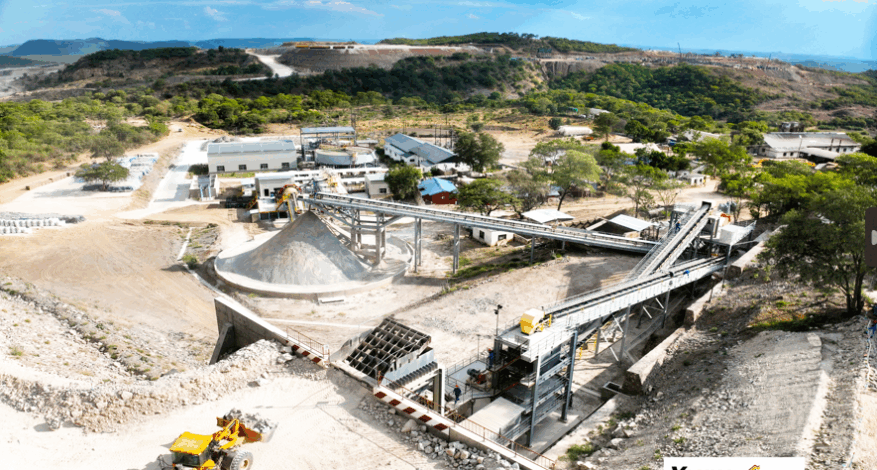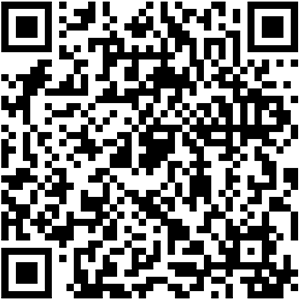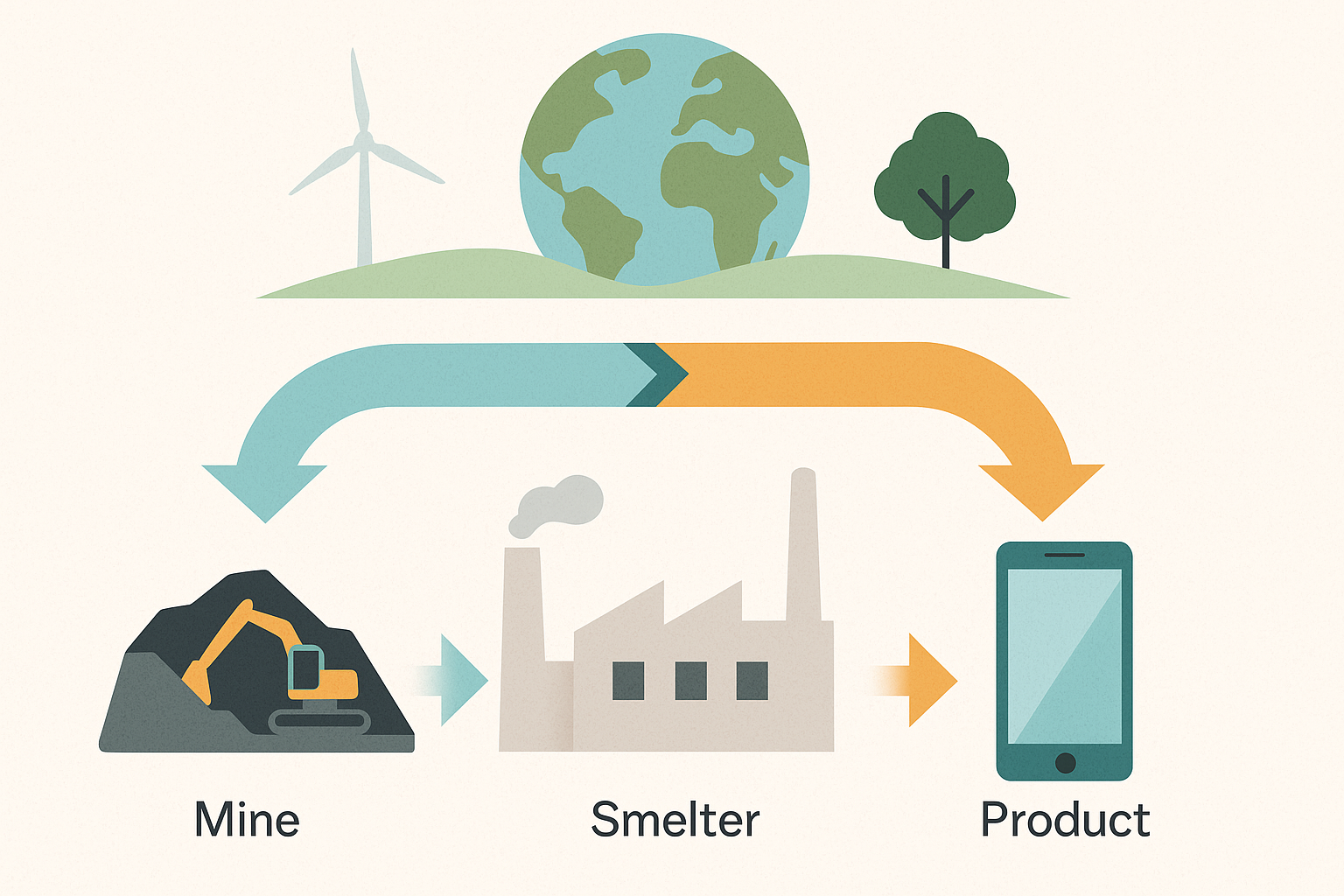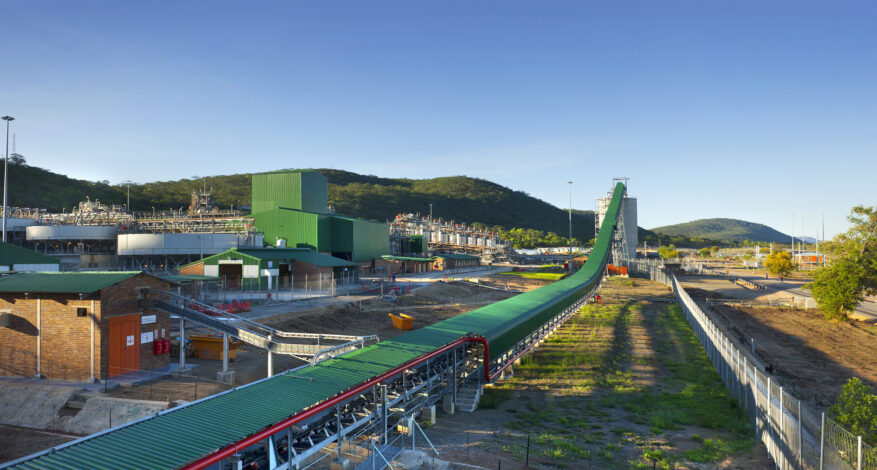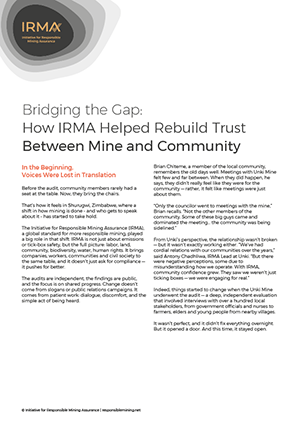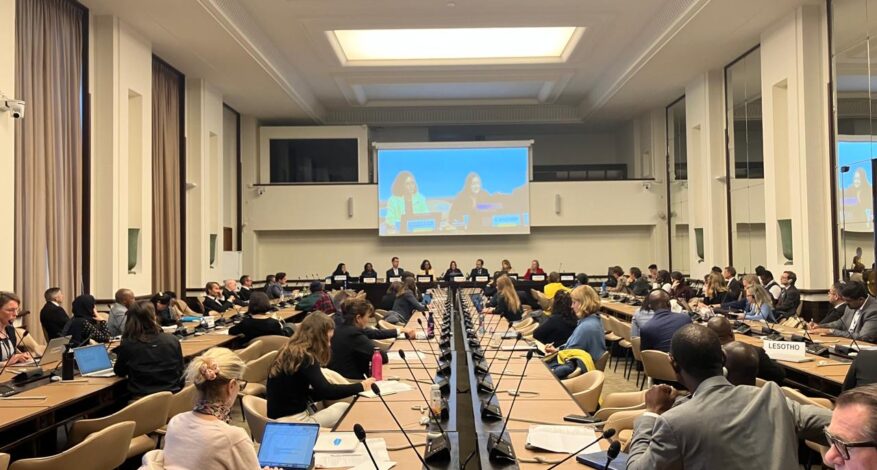UNEP and IRMA announce collaboration to advance responsible mining practices
The United Nations Environment Programme (UNEP) and the Initiative for Responsible Mining Assurance (IRMA) have announced a collaboration on the environmental dimensions of responsible mining, focusing on the improvement of transparency and environmental performance in the mining sector.
As digital transformation and decarbonization efforts drive an unprecedented demand for minerals and metals, the extractive sector is under increasing pressure to minimize environmental impacts, such as deforestation, land degradation and pollution, while strengthening transparency, environmental and social performance as well as traceability.
This partnership brings together UNEP’s mandate as the leading global environmental authority with IRMA’s experience in promoting responsible mining and the sustainable use of minerals. IRMA’s comprehensive, multi-stakeholder system transparently assesses the performance of industrial-scale mine sites against a voluntary best practice mining standard.
Through a Memorandum of Understanding (MOU), the two organisations agreed to a strategic partnership focused on the exchange of expertise on responsible mining topics, including voluntary sustainability standards, multi-stakeholder governance models and the verification of standards claims.
The partnership will also foster dialogue among stakeholders and contribute to the identification of best practices and gaps in the sector. Research and data will be disseminated through platforms such as UNEP’s Digital Knowledge Hub on the Environmental Aspects of Minerals and Metals.
The partnership aims to contribute to the implementation of the guiding principles and actionable recommendations of the UN Secretary-General’s Panel on Critical Energy Transition Minerals.
It will also advance the work of the UN Task Force on Critical Energy Transition Minerals, launched on 10 December 2025 during the seventh session of the UN Environment Assembly (UNEA-7) to coordinate UN activities across all principles and actionable recommendations. The Task Force is chaired by UNEP, the United Nations Development Programme (UNDP), and the United Nations Conference on Trade and Development (UNCTAD).
“As the demand for critical minerals grows, it is imperative that extraction processes do not come at the cost of environmental or community well-being,” said Sheila Aggarwal-Khan, Director of the Industry and Economy Division at UNEP. “Partnering with IRMA allows us to strengthen and promote best practices in responsible mining, as well as assurance and verification. We look forward to working together to strengthen the knowledge base and governance frameworks necessary for a responsible mining sector.”
“IRMA provides an independent measure of social and environmental performance at the mine site that is credible across all mining-affected stakeholder and rightsholder sectors,” said Kristi Disney Bruckner, Policy Director of IRMA.“By connecting IRMA’s system with UNEP’s global mandate, we help support the implementation of the UNSG Panel’s recommendations and increase the likelihood that the materials required for the energy transition are sourced in a way that better protects both people and the planet.”
This MOU is non-exclusive and establishes a framework for cooperation and dialogue between the two organizations. It serves as a structural foundation for activities and projects that may be defined in separate agreements.
United Nations Environment Programme (UNEP)
UNEP is the leading global environmental authority that sets the global environmental agenda, promotes the coherent implementation of the environmental dimension of sustainable development within the United Nations system, and serves as an authoritative advocate for the global environment.

